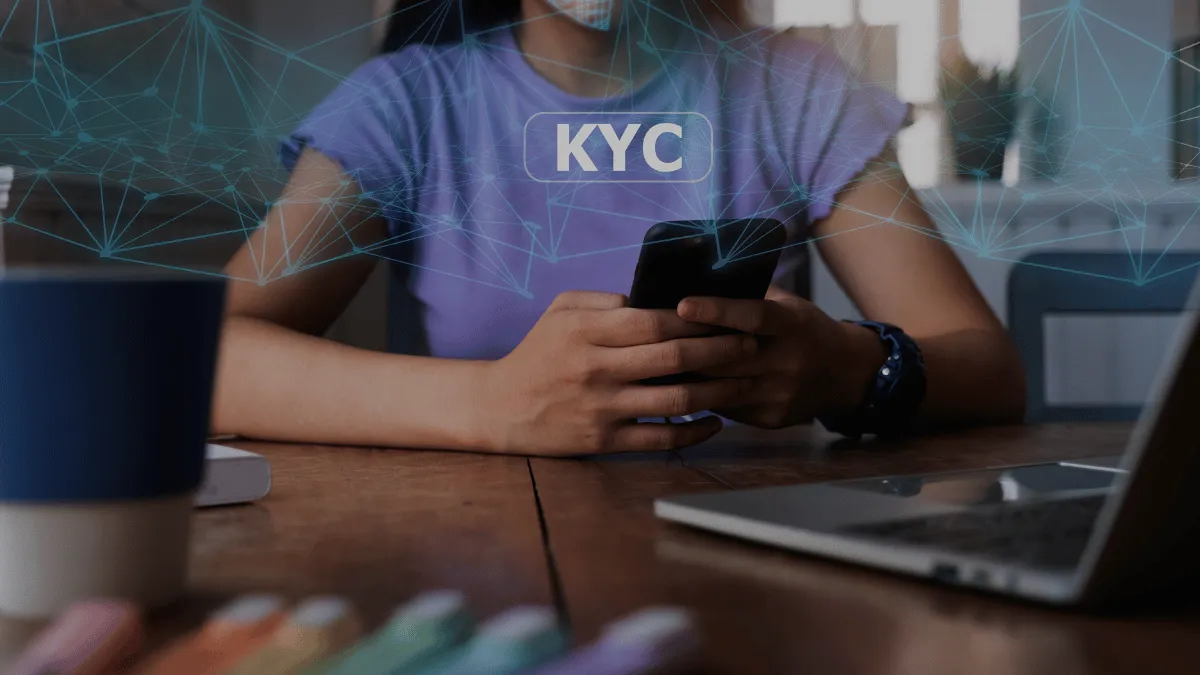Understanding KYC documentation requirements for banks
Learn the essential KYC documents required for banking Discover how KYC processes prevent fraud ensure compliance and build customer trust. Navigate KYC efficiently



Learn the essential KYC documents required for banking Discover how KYC processes prevent fraud ensure compliance and build customer trust. Navigate KYC efficiently

In the contemporary financial landscape, the Know Your Customer (KYC) process is crucial for banks to authenticate the identity of their clients, mitigate fraud, and comply with regulatory requirements. As the financial sector continues to evolve with digital advancements, understanding the KYC requirements becomes even more critical for businesses and individuals alike.
This article delves into the essential documents required for KYC in banking, enhancing your knowledge and ensuring smooth transactions and compliance.
KYC stands for Know Your Customer, a mandatory process used by banks and other financial institutions to verify the identity of their clients. The primary objectives of KYC are to prevent financial crimes, including money laundering, identity theft, and financing of illegal activities. Through KYC, banks ensure that their customers are genuinely who they claim to be, thereby safeguarding the integrity of financial transactions.
Before exploring the specific documents required for KYC, it's essential to understand why KYC is so significant:
At Dataleon, we understand the critical importance of a seamless KYC process for banks. Our cutting-edge KYC solution leverages artificial intelligence and machine learning to automate and optimize identity verification, ensuring compliance with ever-evolving regulatory standards. With Dataleon's technology, banks can streamline their onboarding process, reduce the risk of fraud, and enhance overall operational efficiency.
The specific documents required for KYC can vary depending on the country, regulatory environment, and the type of banking services being availed. Generally, KYC documentation falls into two main categories: Proof of Identity (POI) and Proof of Address (POA).
Proof of Identity documents confirm the identity of the customer. Commonly accepted POI documents include:
Proof of Address documents verify the residential address of the customer. Typical POA documents include:
In some cases, banks might require additional documentation to further verify the customer's identity and address. These could include:
With the advancement of technology, many banks are transitioning to digital KYC (e-KYC) processes. Digital KYC leverages technology to simplify and expedite the verification process, offering numerous benefits:
Despite its importance, the KYC process is not without challenges. Some of the common issues faced by banks include:
KYC is a critical process for banks to ensure compliance, prevent fraud, and build trust with customers. By understanding the required documents and adopting best practices, both individuals and businesses can navigate the KYC process more efficiently. As digital KYC continues to evolve, the future of customer verification promises greater convenience, security, and efficiency.
Dataleon can help you bring your images and documents to life with ease.
Test the platform for freeContact us.svg)
Try 15 days
.svg)
No credit card
.svg)
Cancel Anytime